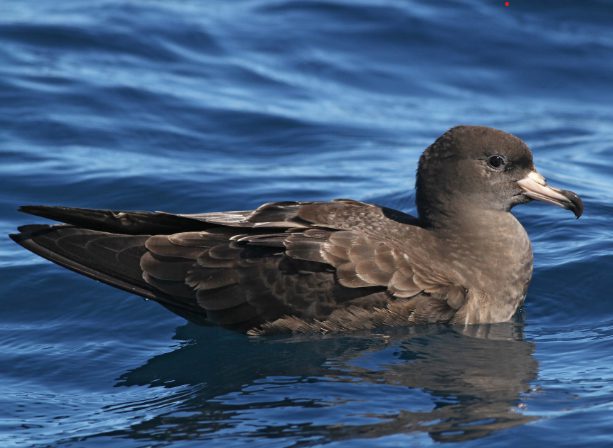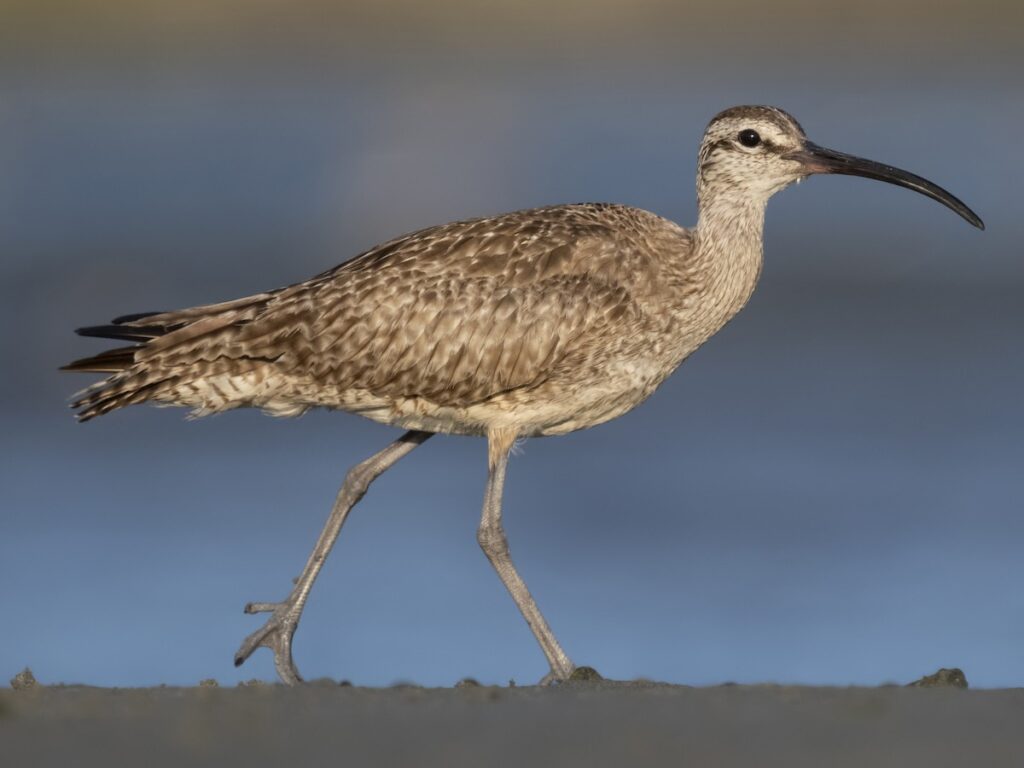
The interaction between humans and birds is multifaceted and varies throughout time and across places. There are many documented stories of birds bonding with people who live with them. It could be because the person took care of them as a child, saved their life, or earned their trust over time.
Not all birds are friendly, but some are very friendly with people who take care of them. In the past, people in the Maldives kept seabirds as pets. Seabirds are friends and comfort for fishermen who spend a lot of time at sea. These birds are all around the fishing boat as it sails through the beautiful deep blue sea. Throwing the bait into the tuna groups excites the birds.
Around 25 years ago, there was a well-known flesh-footed shearwater bird in Fuvahmulah. The bird was so friendly that it went everywhere with its owner and stayed with them for 12 years. The bird’s first meeting with a human was so dramatic: it was in the sea.
Fishermen on my island, Fuvahmulah, used to fish early morning and late afternoon. On an idyllic afternoon, at around 5pm, Nafiu’s brother Abdullah and some of his friends went fishing. They went to the sea off the shore of Neregando, a northwest beach in Fuvahmulah. They took a bokkura, a small fishing boat, out to sea. And got to the fishing spot.
They started fishing for reef fish. The day was ideal for fishing. Within an hour, they caught about 100 reef fish, such as trevallies, groupers, and snappers. However, they never quit fishing. They persisted in their excitement and agitation.
As the sun set, the sky darkened. There was a sense of calm in the air as the waves remained calm. They were overjoyed with the excellent catch. A bokkuraa was graced with the unexpected descent of a bird during the peaceful night. And it settled onto the bokkoraa’s edge. It was a juvenile bird. They had no idea what kind of bird it was. It took Abdulla only a few seconds to grasp the bird.
He kept it in a wooden box. It was a flesh-footed shearwater (locally known as maahogolhaa).
When they’d caught enough fish, they set off for the island. When they arrived at the island, Abdulla collected the bird and his part of the fish catch and returned home. As he approached his home, he cut the bird’s feathers to some extent, preventing it from flying back. He attempted to feed the bird fish, but it showed no interest. He tried everything but was unlucky. The bird showed no interest in any food. Sadness and desperation gripped him.
The next morning, Abdulla was so sad that he gave the bird to his brother Nafiu Ali, who kept it at his house. Nafiu attempted to feed the bird as well. However, for the first few hours with Nafiu, the bird did not consume anything. He attempted to feed the bird with cut chunks of tuna belly and raw fish. The bird refused to eat. It worried Nafiu too. But later that day, the bird did eat some raw fish.
Nafiu was also concerned that the bird might die owing to a lack of appetite. So, he chose to give it to his father, Ali Ismail. Nafiu notified his dad that his brother had brought back a bird while he was fishing. He instructed his father to take all necessary steps to ensure the bird’s stay within the house.
Ali housed the bird under a lemon tree that was flanked by mango trees in his home. That day, Ali approached the bird with small pieces of raw fish. The bird was reluctant. Later, though, it started eating the fish slices while Ali sat on a log next to it. Ali became more elated. After eating, the bird stayed under the trees.
As time passed, the cut feathers regrew, and the bird appeared healthy and happy. Although it was young, it appeared to be a large bird. Because the bird felt at ease with its master, Ali, it ate whatever Ali offered, including biscuits and chocolates.
Years passed. It was a tame and unique bird. When Ali went to the shore to go fishing, the bird would follow him down the road, wandering for a while and hovering over him until he arrived at the beach.
When Ali stepped onto the bokkuraa, the bird flew up and perched on it beside him. As the bokkuraa rowed across the ocean’s surface, the bird remained on it, staring at the water and its surroundings. The bird looked pleased and content with its new life.
As the bokkura glided across the beautiful seas, Ali fed it raw fish to keep it happy and satisfied. The bird would soar over the water and land on the bokkoraa as Ali and his crew fished. The bird appeared to love fishing with the fishermen.
When the bokkura returned to the island with his catch of fish, and Ali began to walk home, the bird would accompany him until he arrived. As Ali approached his home, the bird would fly to the lemon tree and sleep for the night.
The bird adored being with its master. But one day, during the monsoon season, it taunted its master and the other household members.
Ali, Nafiu, and other family members went to Neregando Beach to swim. The bird followed them from behind, occasionally walking and flying.
As they arrived at the beach and began to swim, the bird joined in. There were frigate birds (huraa) above Neregando Beach. The bird suddenly swam to the beach and took off from there. It followed a flock of frigate birds flying away from the island.
Ali and his family were astonished and upset. An hour passed while they waited. Right then, they saw the bird flying toward the beach. It arrived and sat on the beach. The sight of it brought joy to all.
They returned to their home. The bird also followed them to the house. Years and years went by, and the bird enjoyed living with its master. Even while the bird lived near Ali’s house, it occasionally visited other nearby households.
Ali was searching for the bird on a tranquil morning. He couldn’t see it in his household. He started searching for the bird. A tragedy was imminently approaching, Ali. The bird was swaying back and forth as it walked toward Ali’s house. It could barely walk. As the bird entered Ali’s home, it attempted to go toward the lemon tree but fell to the ground.
Ali was worried and looked around the houses nearby. When he got home, he saw the bird that had fallen. Someone poisoned the bird. It died that same day. Ali and his family members were overcome with grief. They had lost a cherished comrade who they would never see again in their lives.
Our love of birds is one of the most striking manifestations of humanity’s strong connection with nature. Because they are so pretty, smart, and classy, birds make us feel like we’re not alone, help us feel better, and are stunningly beautiful. We can enjoy birds in their natural habitat, as pets, or by listening to their lovely songs. There aren’t many other animals that can do that.
Birds are a big part of this love, but so is nature in general. It’s a reminder of how beautiful, free, and linked everything is.
